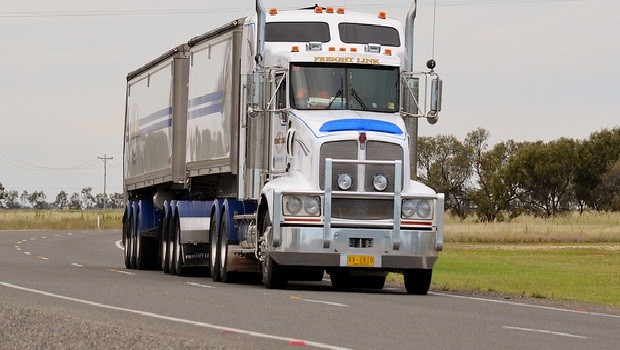How A Small Business Owner Can Cut The Cost Of Travelling To And From Europe
Running a big business gives the operators involved lots of competitive advantages over their smaller rivals.
Not least among these is their ability to take advantage of preferential rates which reward them for being able to accurately predict their needs for a range of the products and services which they use.
Being a regular customer of any business can have its rewards, among them that you get to know the people who run that company, the ways in which they operate, and their services.
And the bigger the business, the more buying power it has. A multi-national corporation has the muscle to be able to ask for – and usually get – terms and prices on goods and services which it isn’t viable to offer to smaller companies.
That very principle operates throughout business, and has done since time immemorial,
as it rewards regular and reliable custom.
Don’t be a small fish (when crossing) a big pond
One of the sectors in which preferential terms are most commonly offered to regular and large-scale customers is shipping and freight carriage.
This applies for good reasons. Any freight carrying vehicle – a car, van, truck, train, ship or plane – has a finite amount of space in which it can carry goods.
The operators of all these types of vehicles calculate carefully how much they can charge a customer to occupy certain amounts of that space, based on a number of factors, which include:
– the size and weight of a piece of cargo
– the number of individual consignments being transported on behalf of all individual customers
– the number of times a customer uses the service, and
– a calculation of the total amount of income needed from customers in order to make a particular journey viable.
This
means that, if a business regularly sends large volumes of cargo, it should be able to negotiate better rates than a one-off client.
So a business which only needs shipping services occasionally can, logically, expect to have to pay a higher rate than one which has much more consignment to carry. Or can it?
Buying in bulk is always better
Sellers of a consignment of which a large amount exists – be it anything from bread to the space inside a huge aircraft or freight ferry – can’t always expect to get their optimum price for that product.
And in terms of the transport sector, any service which is publicly advertised as being run will do so unless exceptional circumstances prevent it. This means the onus is on the company operating that service to provide services which they advertise. Indeed, in some circumstances, failing to run an advertised service can result in the operator having to make penalty payments to an inf
rastructure owner – a regime which exists on passenger railways.
So this leaves the operator of freight services with every incentive to try to fill as much of their capacity as possible. And therefore, if it finds that a service has unused capacity, it will usually turn to the secondary market to do so.
This is a means whereby an operator will offer carriers and/or agents a good price for being able to find bookings to fill that spare space. The logic behind this is that, if the space would otherwise be empty, it is far better to get some return by finding someone willing to fill it, than have it left completely empty, and therefore not generate any revenue at all.
Try a re-seller first
So the lesson from this for anyone who needs to send goods is by all means to find out the ‘going rate’ from a service’s operator first – but then to shop around, and see whether an agent has space available on the same service for a l
ower price.
Anyone who runs a small company, operating on tight margins, has nothing to lose by doing this.
About the Author: Johan Kemp is a freelance blogger who specializes in business logistics. He is currently writing in conjunction with Freight Link.
License: Creative Commons image source







